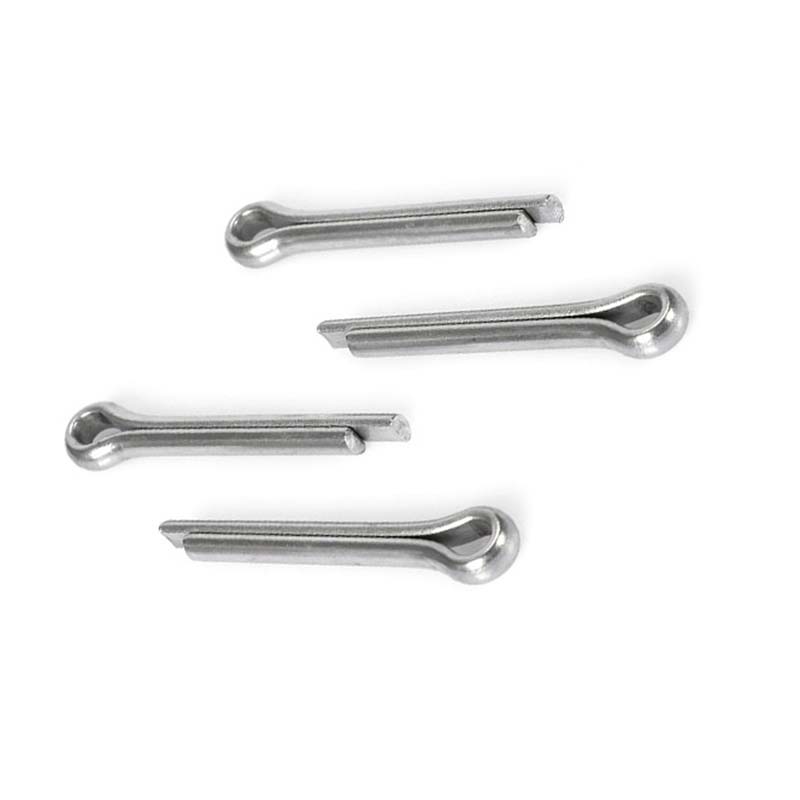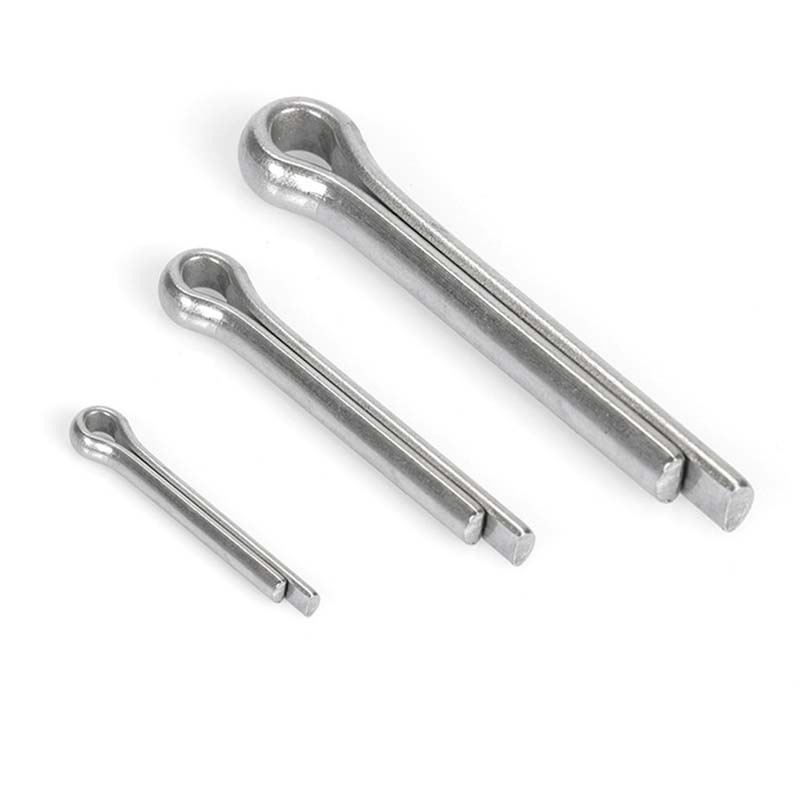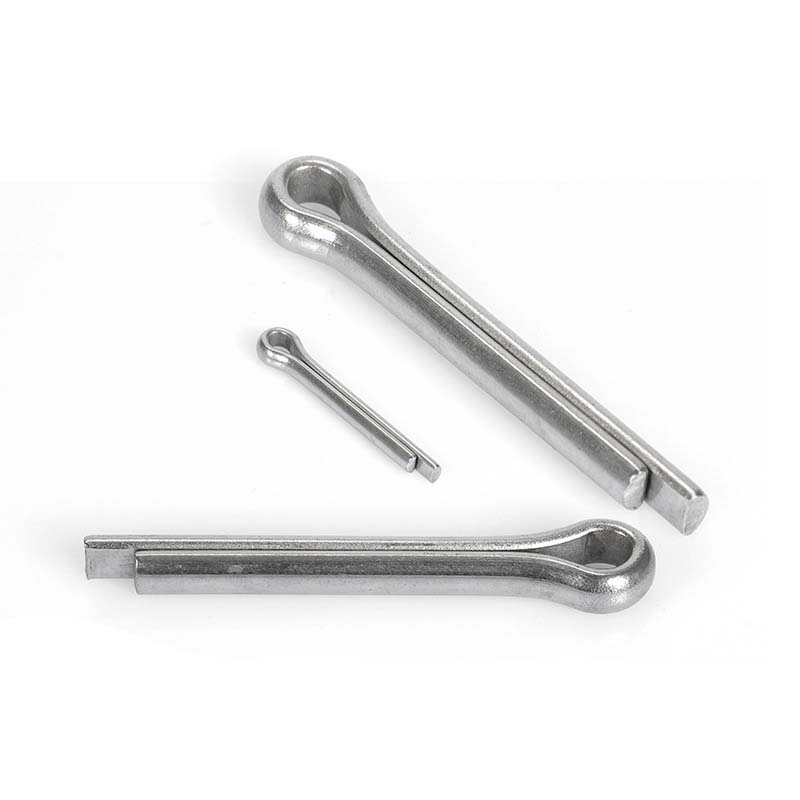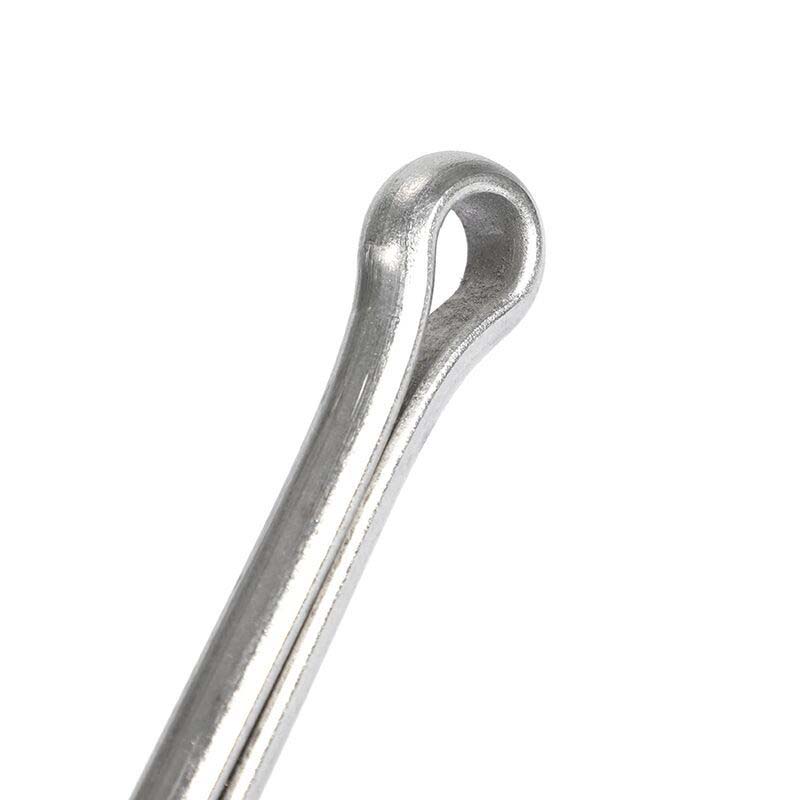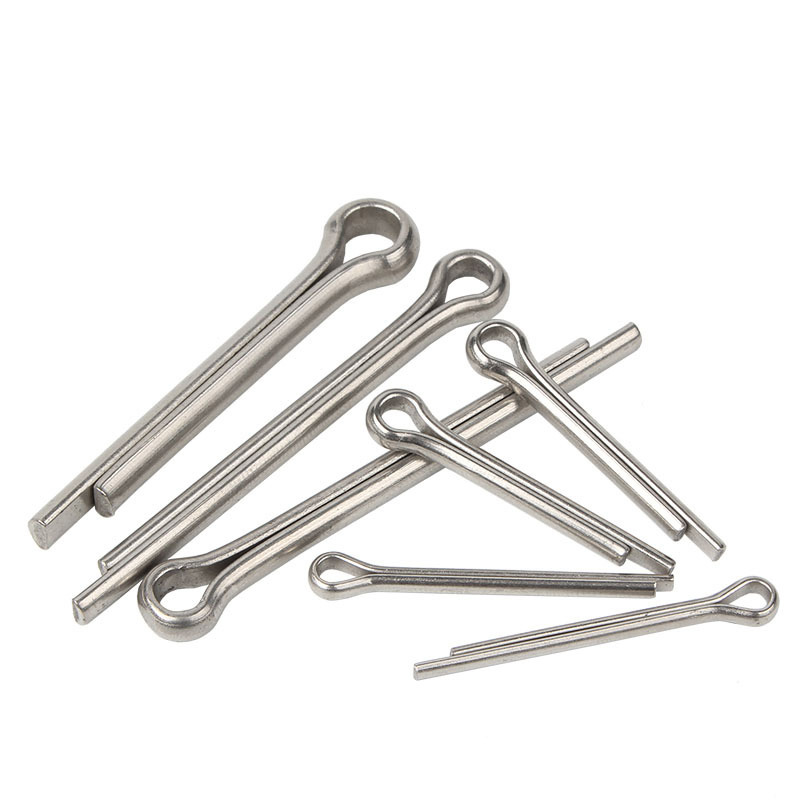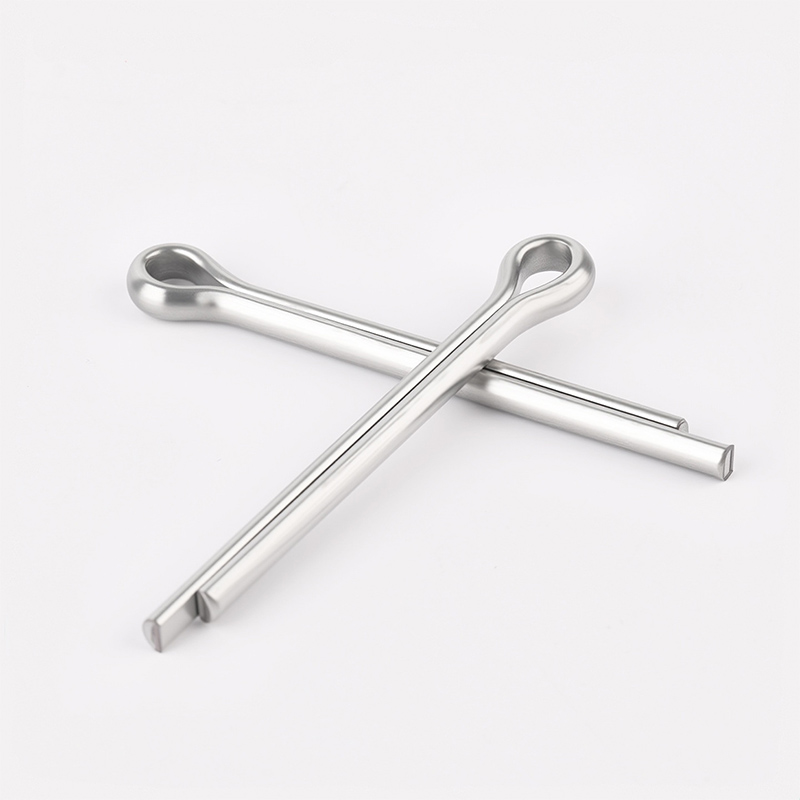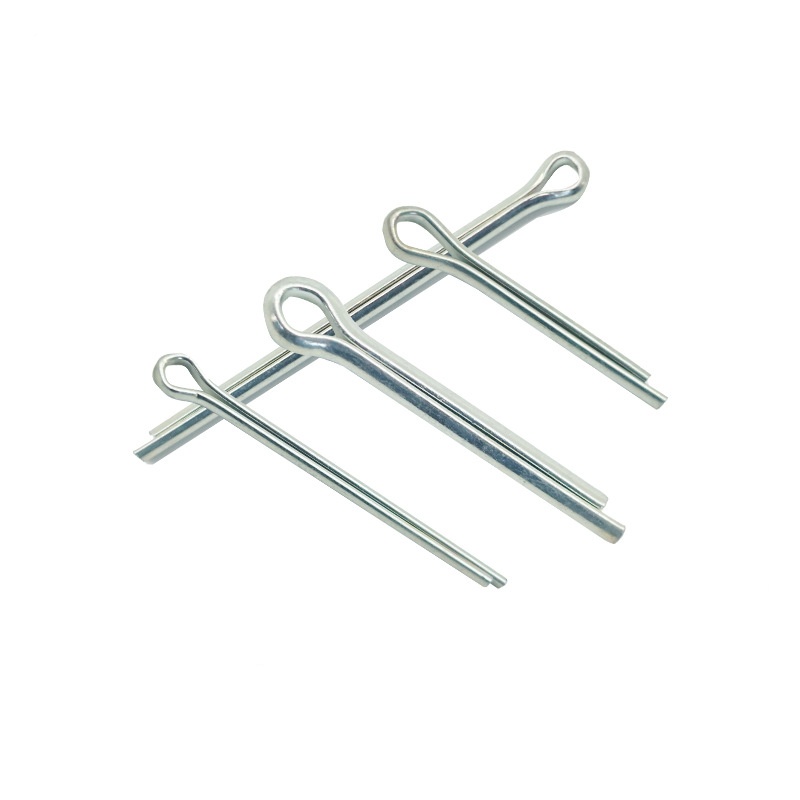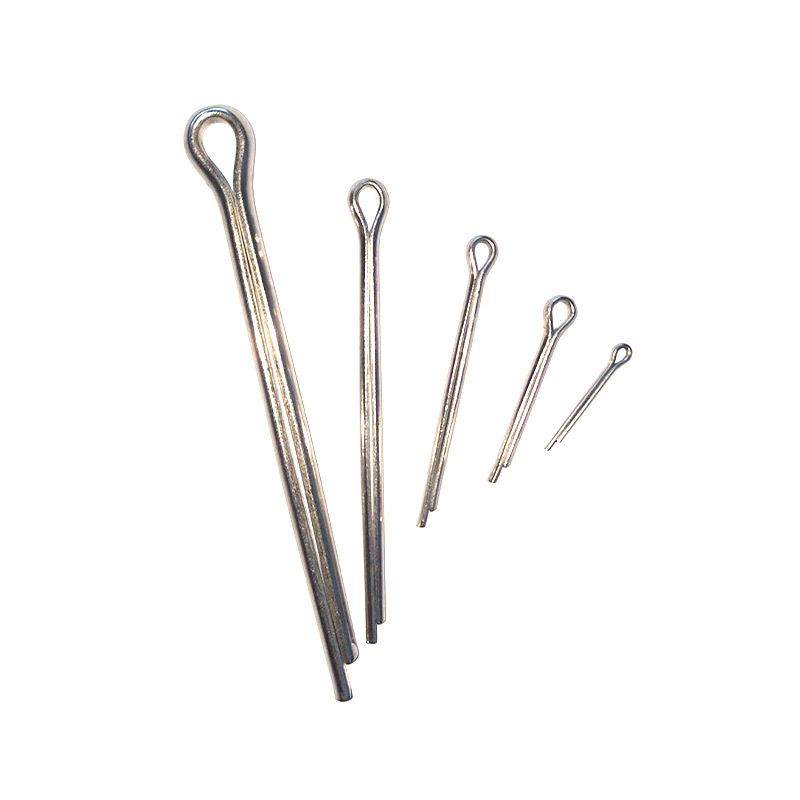Hammer Lock Type Split Pin
Send Inquiry
Choose the material of the hammer lock type split pins according to different usage scenarios and requirements. Stainless steel, such as 304 or 316, resists rust better than other materials and is strong and durable.Carbon steel, often treated with heat, has high shear strength for heavy-duty jobs. Brass cotter pins, made from copper-zinc metal mixes, stand up to seawater and electromagnetic interference. For special situations, they might use nickel or aluminum alloys instead.
Xiaoguo® factory test materials to meet industry standards. We check the material's hardness, bendability, and whether it can withstand repeated stress without breaking. It meets relevant quality standards and can be tightened normally from the first use to the end of its service life.
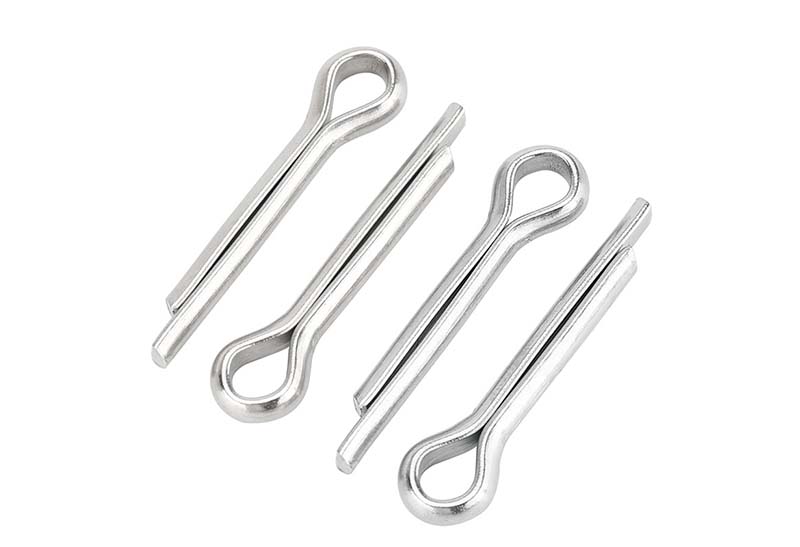
Regular inspection
Check hammer lock type split pins regularly to stop things from breaking down. Keep an eye out for rust, bends, or wear,especially in spots that shake a lot. If a pin’s rusty or bent, swap it out ASAP to keep parts from wobbling loose. You usually don’t need to grease these pins, but maybe add a little oil if they’re near saltwater. When putting them back, use pliers to carefully bend the ends open and shut,don’t crank them too hard, or the metal could get brittle. Store extras in a dry spot so they don’t rust before you need them. For key systems, follow the manual’s replacement schedule. Do this, and they’ll hold up fine for ages.
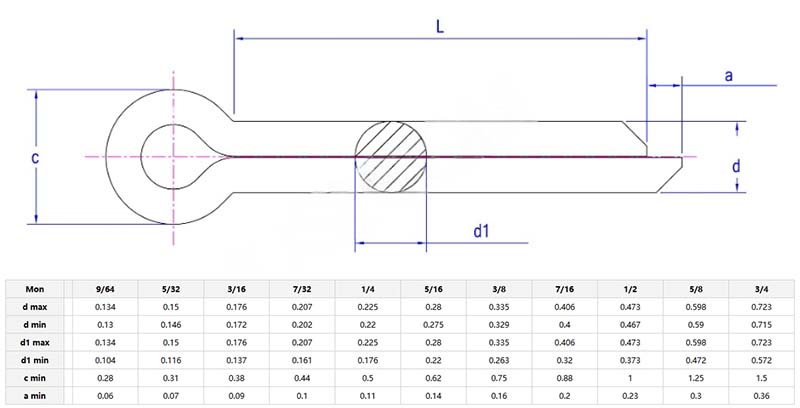
In high-vibration environments
Q: Can hammer lock type split pins withstand high-vibration environments without loosening?
A: These split pins work really well in places that vibrate a lot, as long as they’re installed correctly. The split legs create friction and resistance, which stops them from coming loose. If the conditions are extra tough, you can use cotter pins with locking nuts or washers. When you bend the legs, make sure they’re even and lie flat against the shaft,this keeps them from catching on anything. Stainless steel cotter pins are better here because they stand up to repeated stress better. Even so, it’s a good idea to check them regularly, especially in demanding setups, to make sure they’re still holding up.


